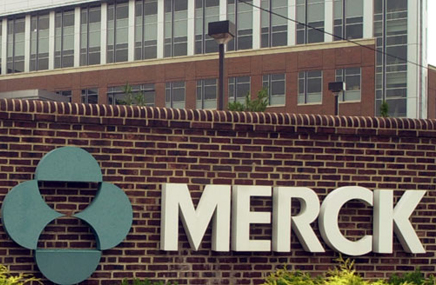7. Merck $17.6 ▲8.4%
Global revenue: $36.5B (5th); up 3.9%
Top brands: Januvia ($3.5B); Zetia ($2B); Janumet ($1.2B); Nasonex ($1.2B)
Promotional spend: $1.2B (4th); 6% of rev.
R&D spend: $7.1B (5th); down 4.3%; 19.4% of rev.
Planned launches: MK-3102 (diabetes); odanacatib (osteoporosis); grazoprevir/elbasvir (HCV)
Patent expirations: Cubicin (2016); Zetia/Vytorin (2017); Nuvaring (2018); Nasonex (2018); Januvia/Janumet (2022)
Merck renewed its commitment to infectious diseases and oncology in 2014. It launched Keytruda in September 2014, the first of a new and highly touted class of cancer immunotherapies known as PD-1s to reach US shores. While the drug was initially approved for use only as a second-line treatment in melanoma, GlobalData analyst Fenix Leung wrote in January that it’s likely to receive a first-line indication soon. And as of press time, Merck filed the drug for treatment of non-small cell lung cancer. Keytruda will face stiff competition from BMS’s PD-1 Opdivo, but Bernstein analyst Tim Anderson believes it will still reach $900 million in sales for 2015. Elsewhere, Merck attempted to gain some ground in hep.-C by acquiring Idenix Pharmaceuticals in June for $3.9 billion. It gained a nucleotide inhibitor, an NS5A and a protease inhibitor. Shortly thereafter, however, the FDA rescinded Merck’s Breakthrough Therapy designation for its HCV doublet therapy after rival competitors (AbbVie’s Viekira Pak and Gilead’s Harvoni) beat it to market in the fall of 2014.
Click here to return to main story.
From the May 01, 2015 Issue of MM+M - Medical Marketing and Media








